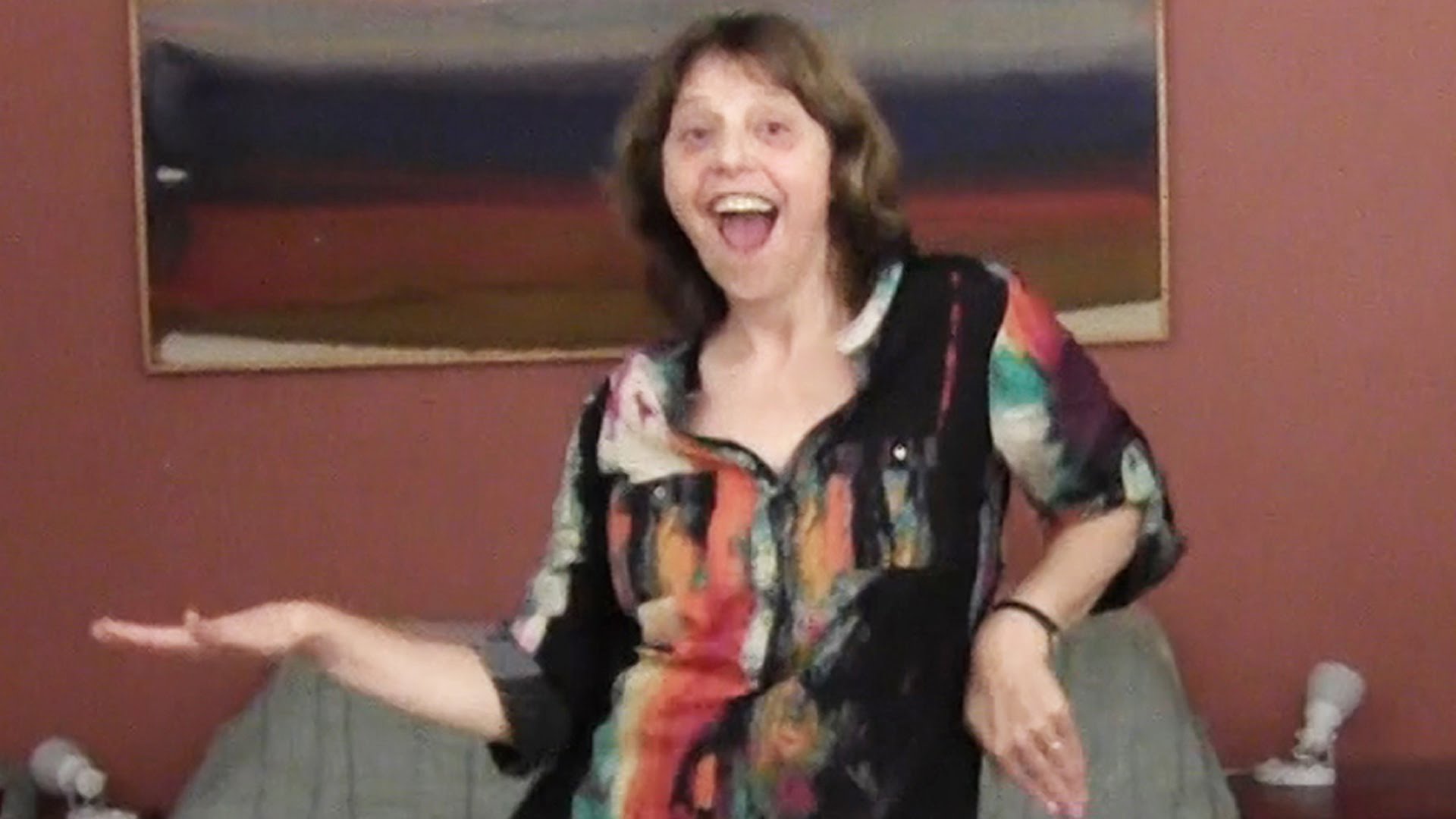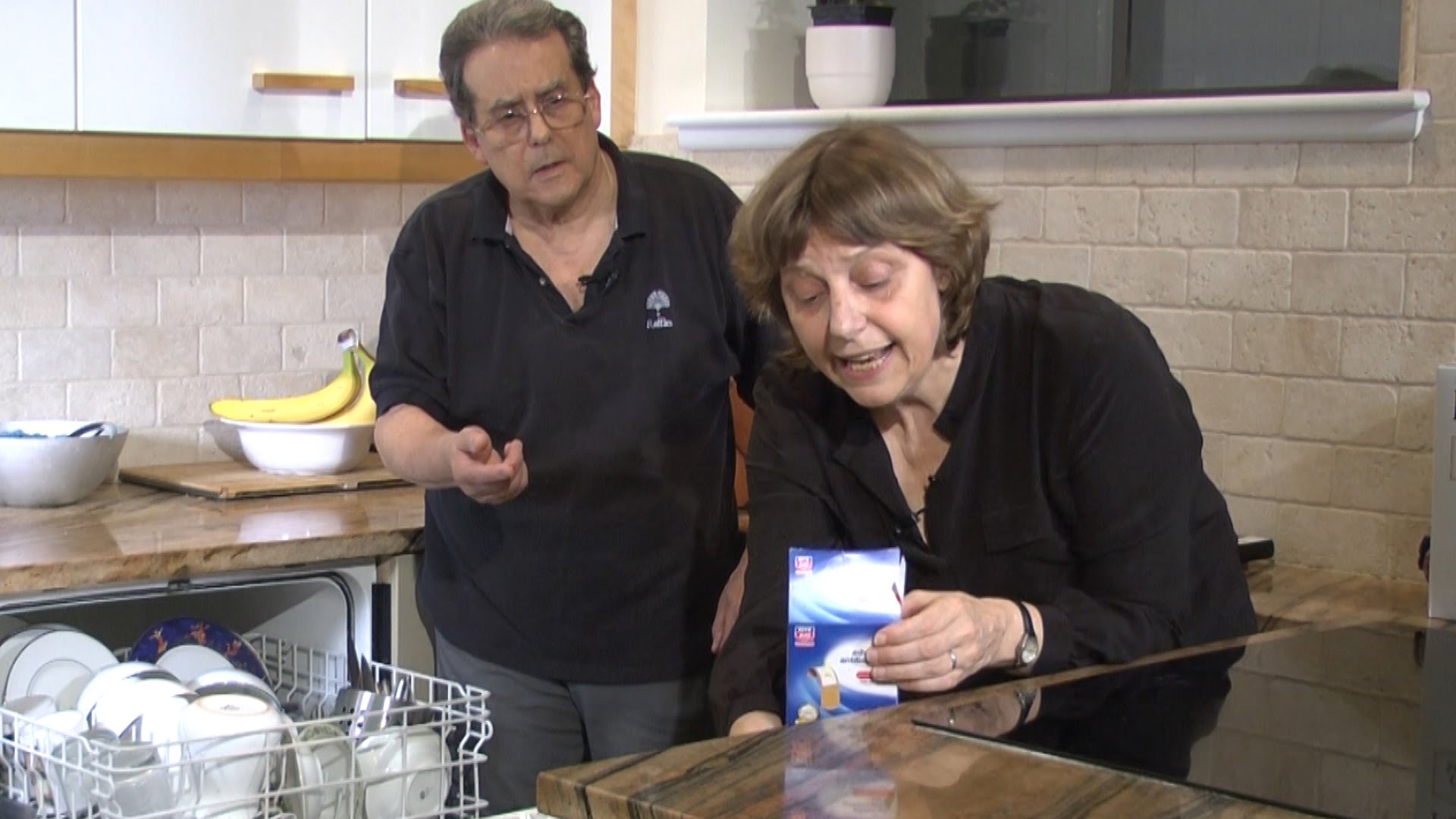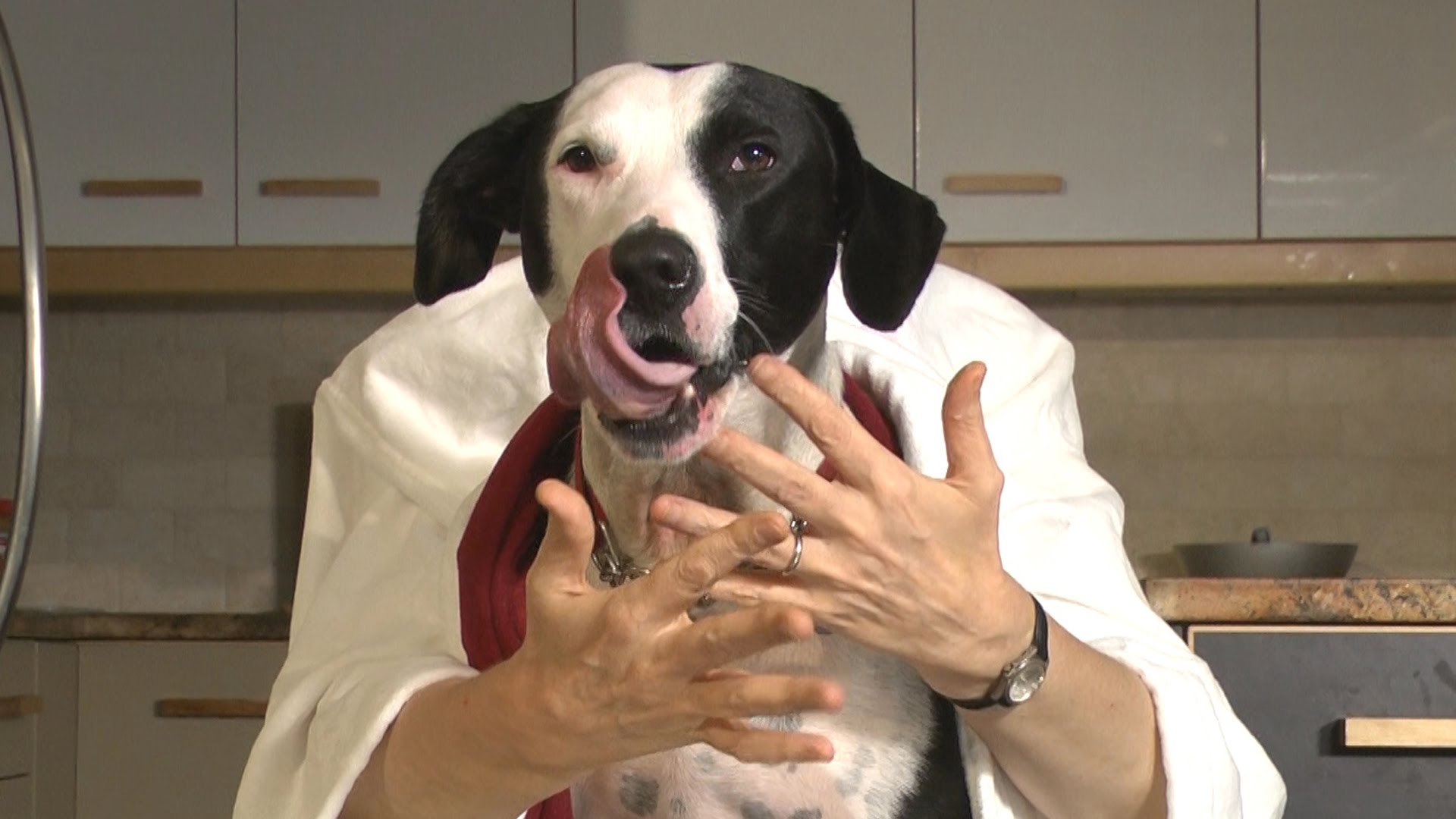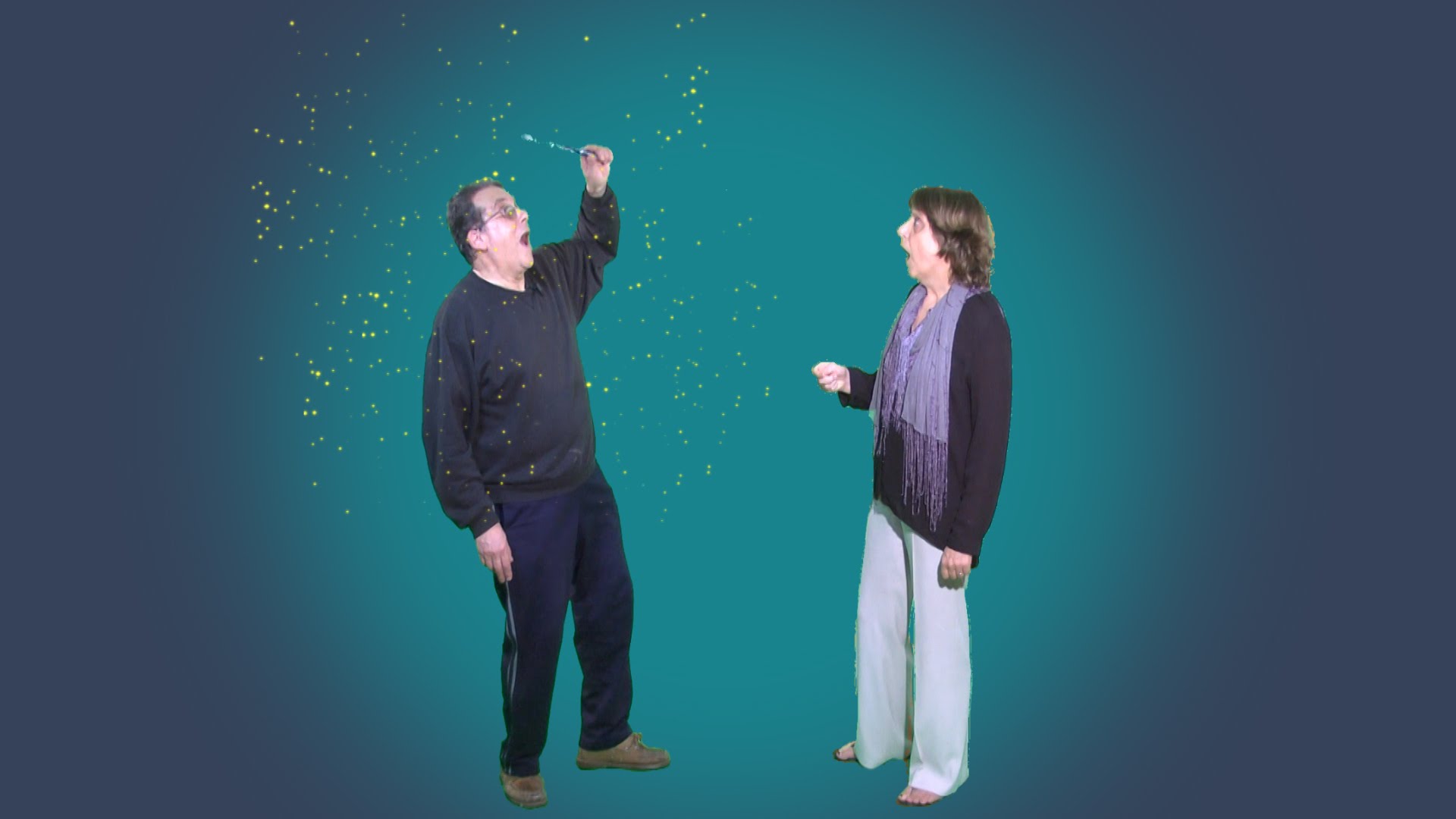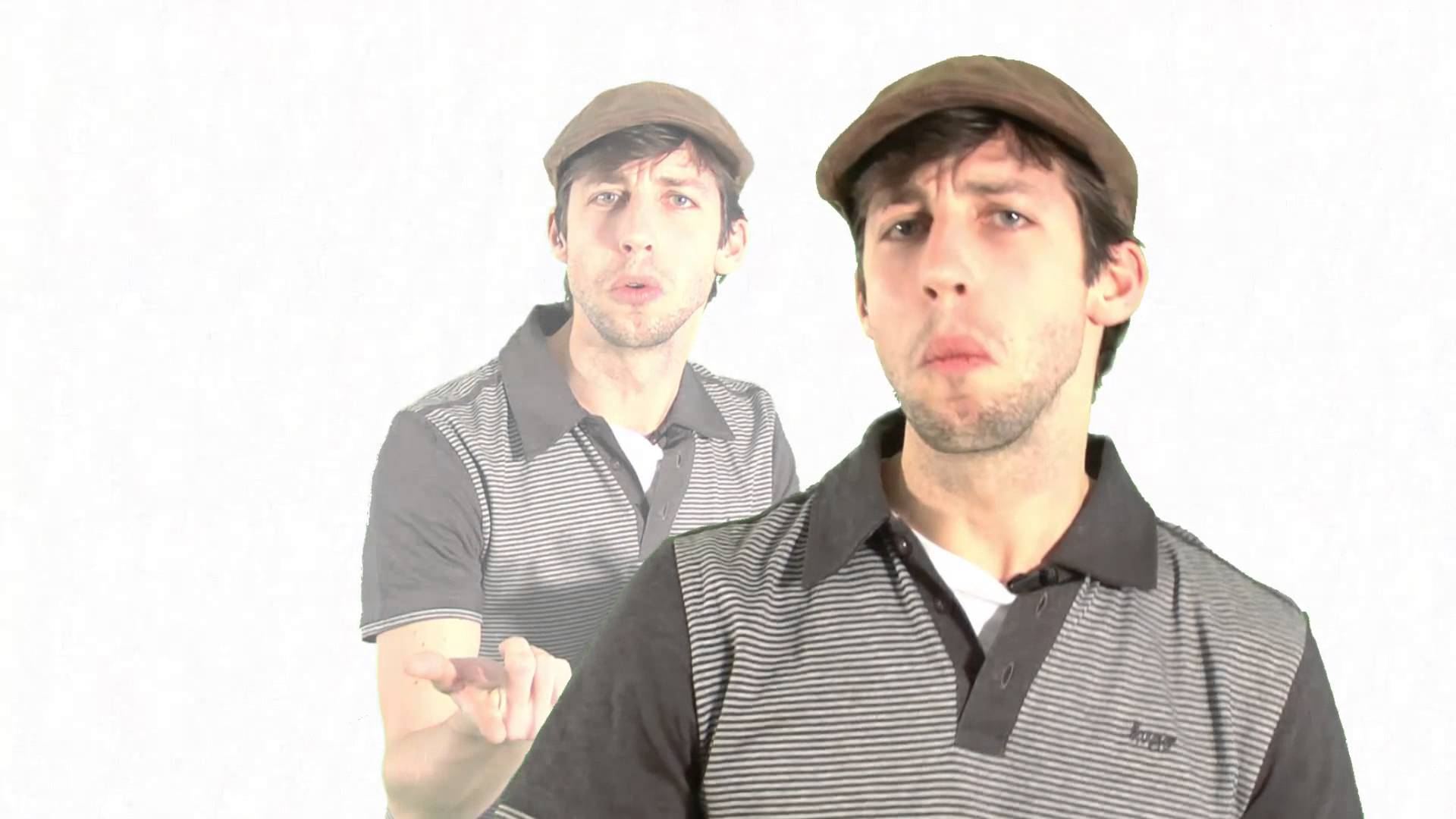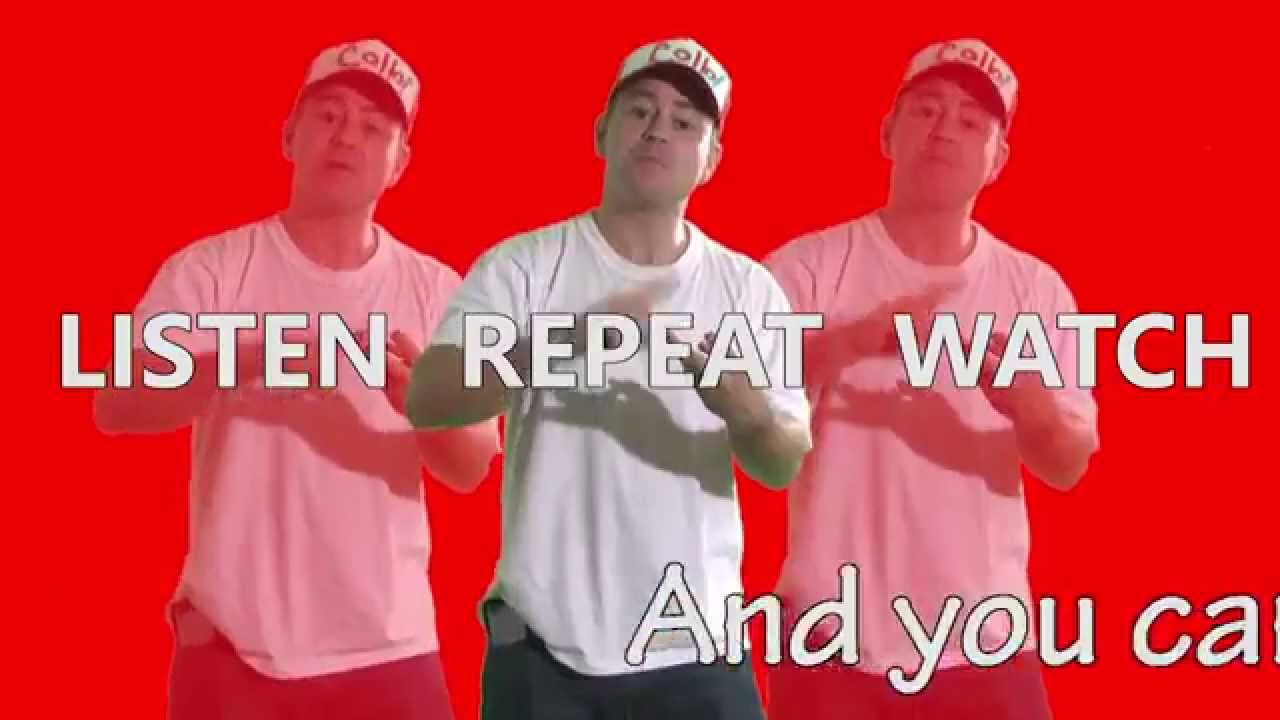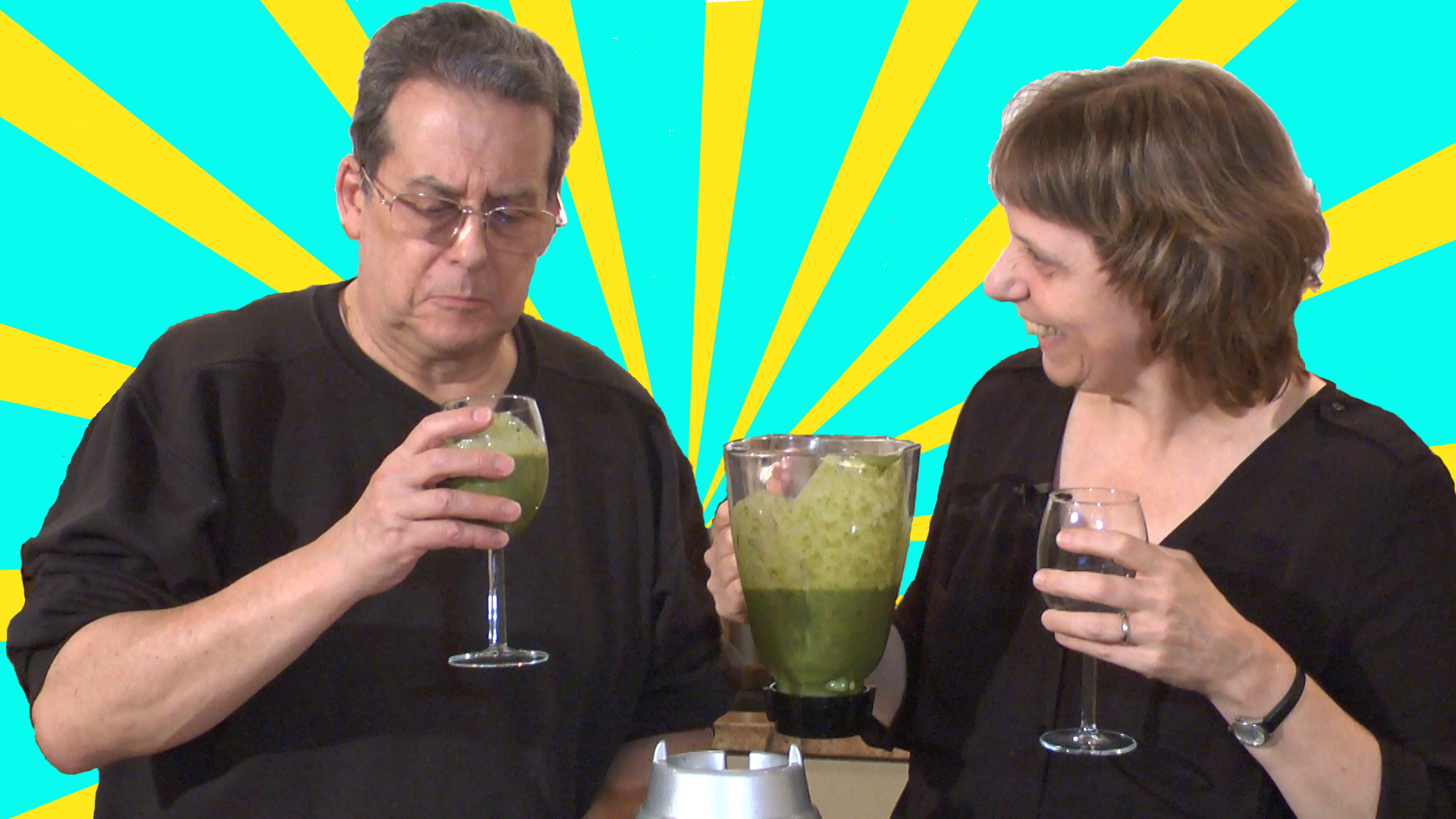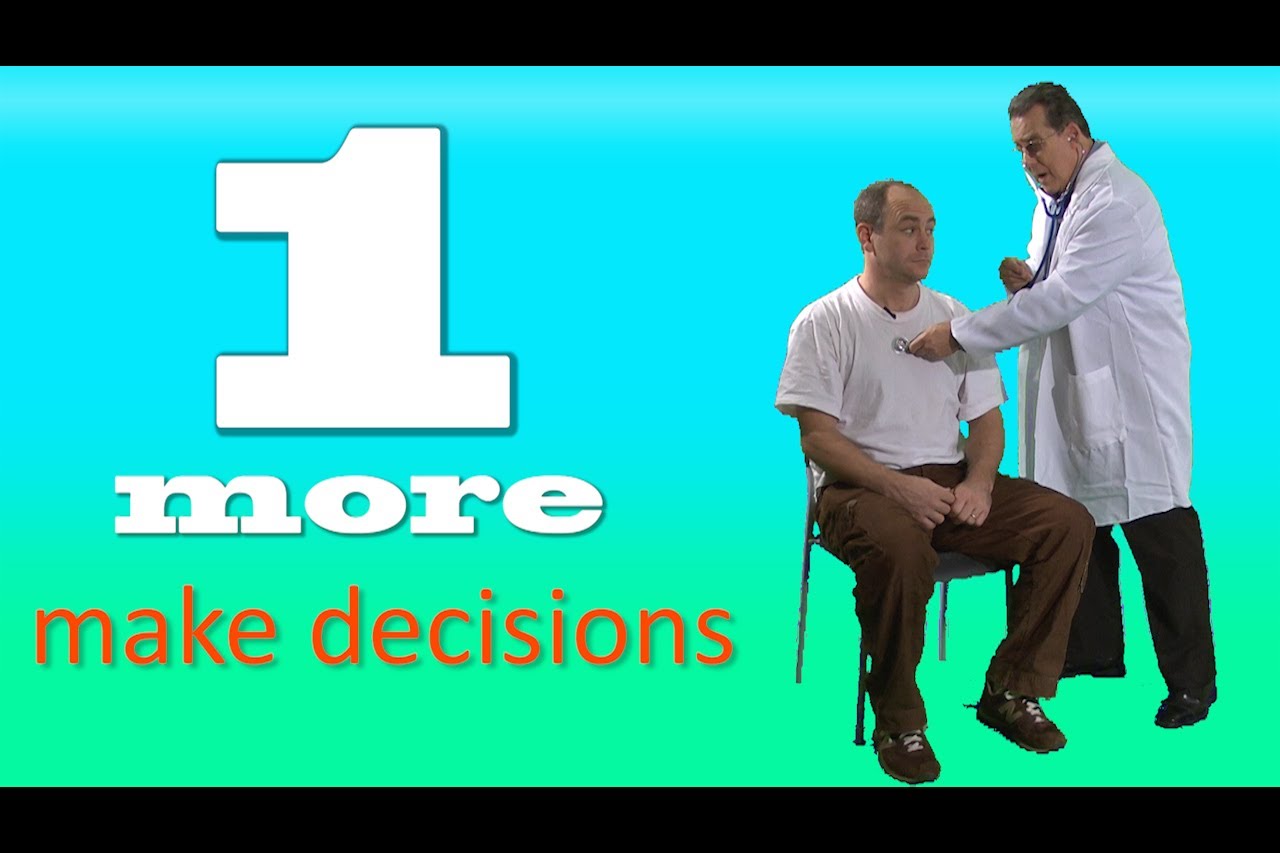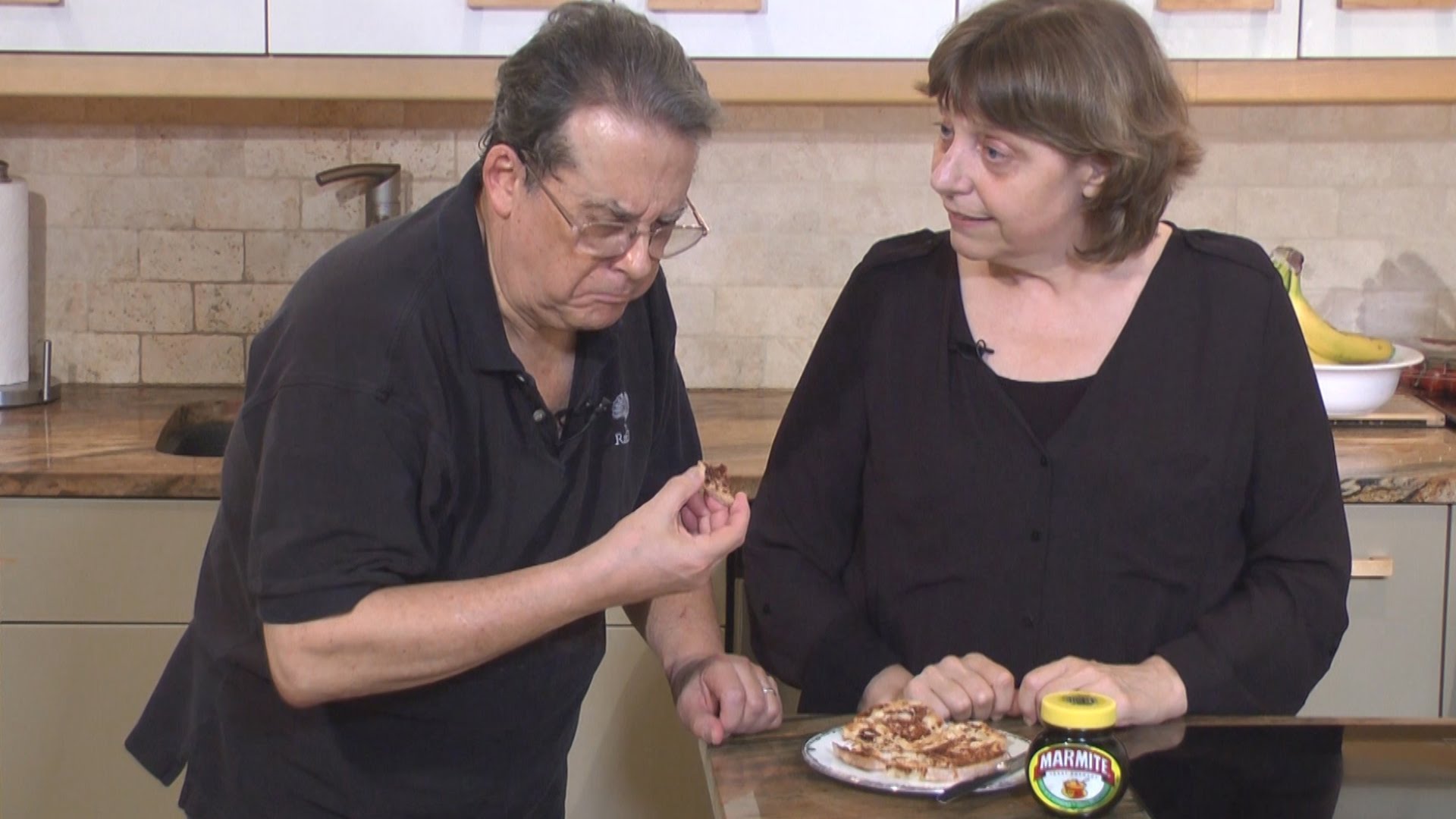
Used to do, Be Used to something and Get Used to something
Used to – this can be a confusing structure in English. We can use it to talk about past habits, and then we follow it with a verb. (used to do) And we can also follow it with a noun, and then it means ‘accustomed to’. (be used to something) Similarly we can say get used to and that to means growing or becoming accustomed to something. Notice it’s be used to something. That something

